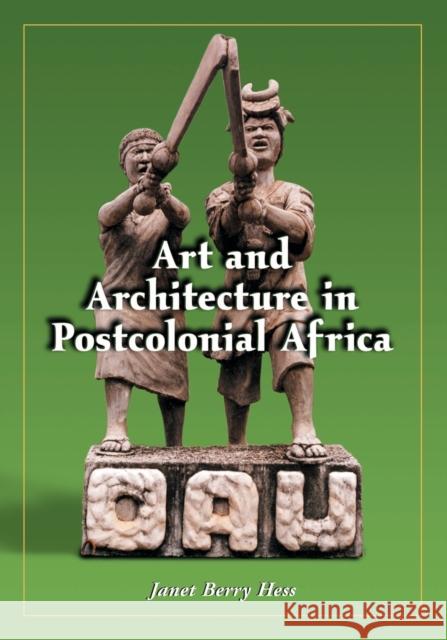Art and Architecture in Postcolonial Africa » książka
Art and Architecture in Postcolonial Africa
ISBN-13: 9780786420766 / Angielski / Miękka / 2005 / 220 str.
The struggle of African nations to achieve independence from colonial rule was a momentous event in world history, and among the most influential features of the postcolonial independence era was the art and architecture that it produced. With decolonization, Africa was thrust into nation building and into the related process of negotiating its cultures, integrating modernism while simultaneously sustaining regional traditions, and thereby producing a uniquely transitional art. This work examines the complexity of popular artistic culture in the era of African nationalism, with a special focus on the influential independence era in Ghana. Chapters One and Two consider the ideologies of the Convention People's Party and the National Liberation Movement in Ghana and their respective effects on artistic production. Chapters Three through Six discuss the relationship between architecture, museum exhibitions, and political displays and growing nationalist ideologies, revealing the extent to which African art continues to be a medium for political, social, and historical commentary. Chapter Seven investigates artistic practices associated with bodily expression and explores the manner in which these practices were influenced by postcolonial authority, while the final chapters focus on intangible forms of art, such as the communal performance, that characterize both African and diasporic art history.











